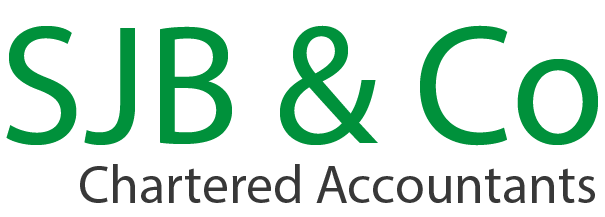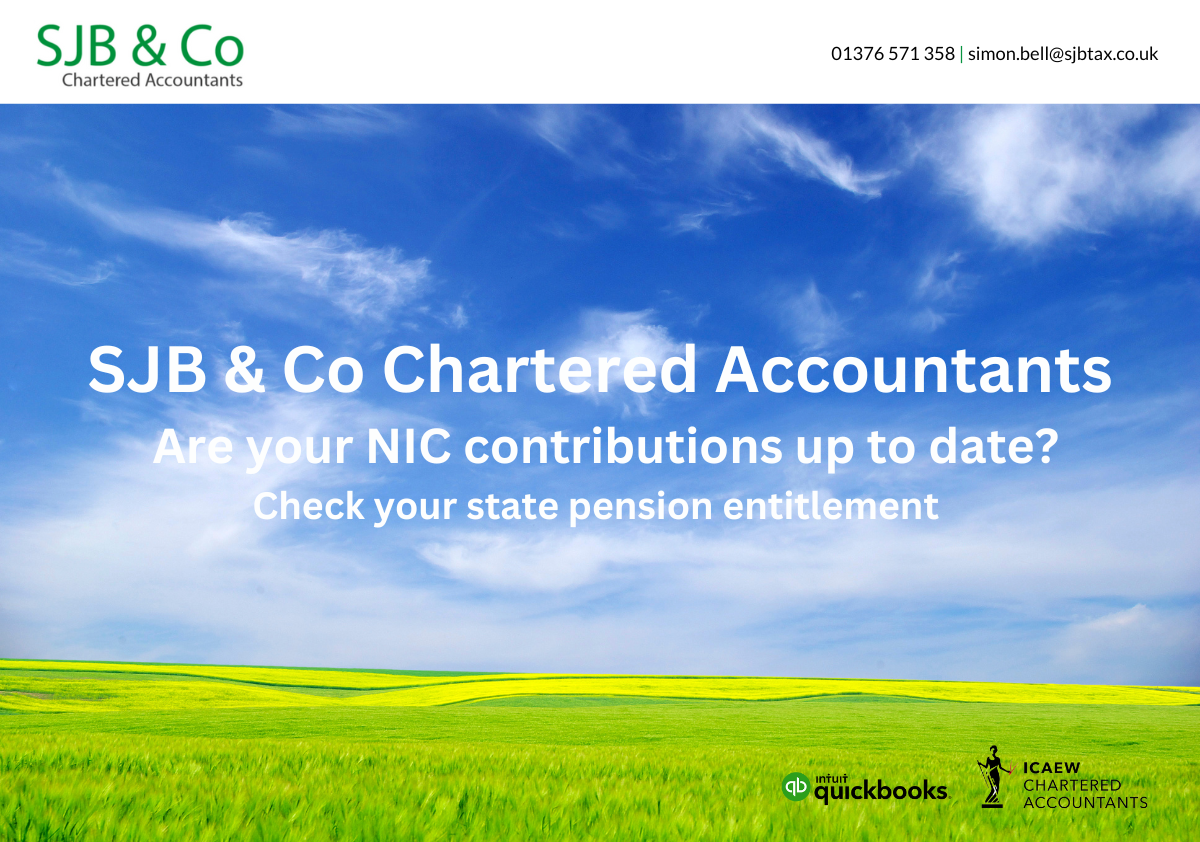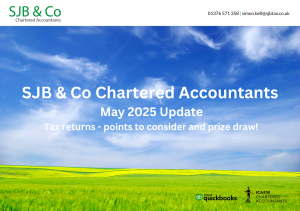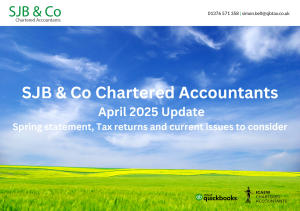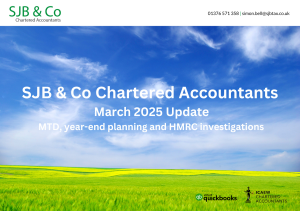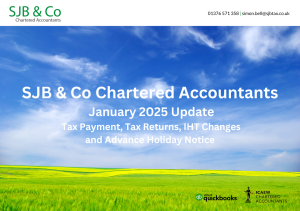| Are your NIC contributions up to date? Check your state pension entitlement. |
Entitlement to the state pension and other contributory benefits depends on your National Insurance record. If you do not have sufficient qualifying years, you will not receive the full state pension. However, you can make voluntary contributions to top up your record.
Key dates
Voluntary (Class 3) National Insurance contributions must be paid no later than six years from the end of the tax year to which they relate (so by 6 April 2030 for contributions for 2023/24). An extended deadline applies in certain circumstances (see later).
This note explains how to check your state pension record, what counts as a qualifying year, and how to make up any shortfalls.
Checking your state pension record
To receive a full single-tier state pension (available to individuals reaching state pension age on or after 6 April 2016), you need 35 qualifying years. If you have at least 10 qualifying years but not the full 35, you will receive a reduced state pension. However, if you have fewer than 10 qualifying years, you are not entitled to a state pension. Only your own contributions count.
You can check your state pension record online at www.gov.uk/check-national-insurance-record.
Qualifying years
A year is a qualifying year if sufficient National Insurance contributions have been paid for that year or sufficient National Insurance credits have been awarded.
Employees
If you are an employee, you build up your entitlement to the state pension via the payment of primary (employee’s Class 1) National Insurance contributions. A year will be a qualifying year if you have earnings for National Insurance purposes equal to 52 times the lower earnings limit. For 2023/24, you need earnings of at least £6,396 (12 x £123). If your earnings are between the lower earnings limit (£123 per week, £533 per month) and the primary threshold (£242 per week; £1,048 per month), you do not actually pay any Class 1 National Insurance contributions, but you are treated as if you have paid them at a notional zero rate, giving you a qualifying year for free.
If you have more than one job, you must earn at least £6,396 in one of those jobs for the year to be a qualifying year as the earnings from different unrelated jobs are not added together.
Self-employed
If you are self-employed, you build up your state pension entitlement by the payment of Class 2 National Insurance contributions. The payment of Class 4 contributions does not secure state pension or benefit entitlement.
For a year to be a qualifying year, you must pay (or be treated as having paid) 52 weeks’ worth of Class 2 National Insurance contributions. You are only liable for Class 2 National Insurance contributions if your profits from self-employment are more than the small profits threshold, set at £6,725 for 2023/24. However, if your profits are between the small profits threshold and the lower profits threshold (set at £12,570 for 2023/24), you do not actually have to pay the contributions as you are treated as having paid them at a zero rate, giving you a free qualifying year.
If your profits from self-employment are more than the lower profits threshold, you must pay Class 2 contributions at the rate of £3.45 per week for 2023/24. These are payable via self-assessment and are due by 31 January after the end of the tax year (i.e., by 31 January 2025 for 2023/24 contributions).
You can pay Class 2 contributions voluntarily to maintain your contributions record if your profits are below the small profits threshold. This is a cheaper option than paying Class 3 contributions.
National Insurance credits
National Insurance credits are awarded in certain circumstances and can fill in gaps in your National Insurance record if you are not working. This may be because you are caring for someone or receiving certain state benefits. In some cases the credits are awarded automatically, in other instances, they must be claimed.
You will receive National Insurance credits if you are registered for child benefit for a child under 12. It is therefore important to register for child benefit, even if you elect not to receive it because of the impact of the High Income Child Benefit Charge.
You can find out more about National Insurance credits on the Gov.uk website at www.gov.uk/national-insurance-credits.
Voluntary National Insurance
If you already have 35 qualifying years or will do by the time you reach state pension age, there is no need to make voluntary contributions, even if a year falls short of being a qualifying year. However, if you do not have the full 35 years, you may wish to consider paying voluntary Class 3 contributions to boost your state pension entitlement. This will only be worthwhile if doing so will mean that you have at least 10 qualifying years. Class 3 contributions are payable at the rate of £17.45 per week for 2023/24. You have until 5 April 2030 to make the contributions. However, if payment is made after 5 April 2025, you may have to pay at a higher rate. You can find out how to pay Class 3 contributions by visiting the Gov.uk website at www.gov.uk/pay-voluntary-class-3-national-insurance.
If you are self-employed and your profits for 2023/24 are less than £6,725, you can pay Class 2 contributions voluntarily. At £3.45 per week, this is a much cheaper option.
If you have gaps in your record for any of the years in the period from 2005/06 to 2015/16 inclusive, you can pay Class 3 contributions at the 2022/23 of £15.85 to fill in the gaps. Payment must be made by 5 April 2025 see https://www.gov.uk/government/news/deadline-for-voluntary-national-insurance-contributions-extended-to-april-2025
Please call if you need help with any of the issues raised in this post.
Please feel free to forward this newsletter to any colleagues or friends who may be interested in it.
For more information or to discuss any issues raised above please contact Simon Bell by phone on 01376 571358 or email [email protected]
This article is written in general terms and therefore cannot be relied on to cover specific situations; applications of the principles set out will depend on the particular circumstances involved and it is recommended that you take professional advice before acting or refraining from acting on any material in the newsletter.
